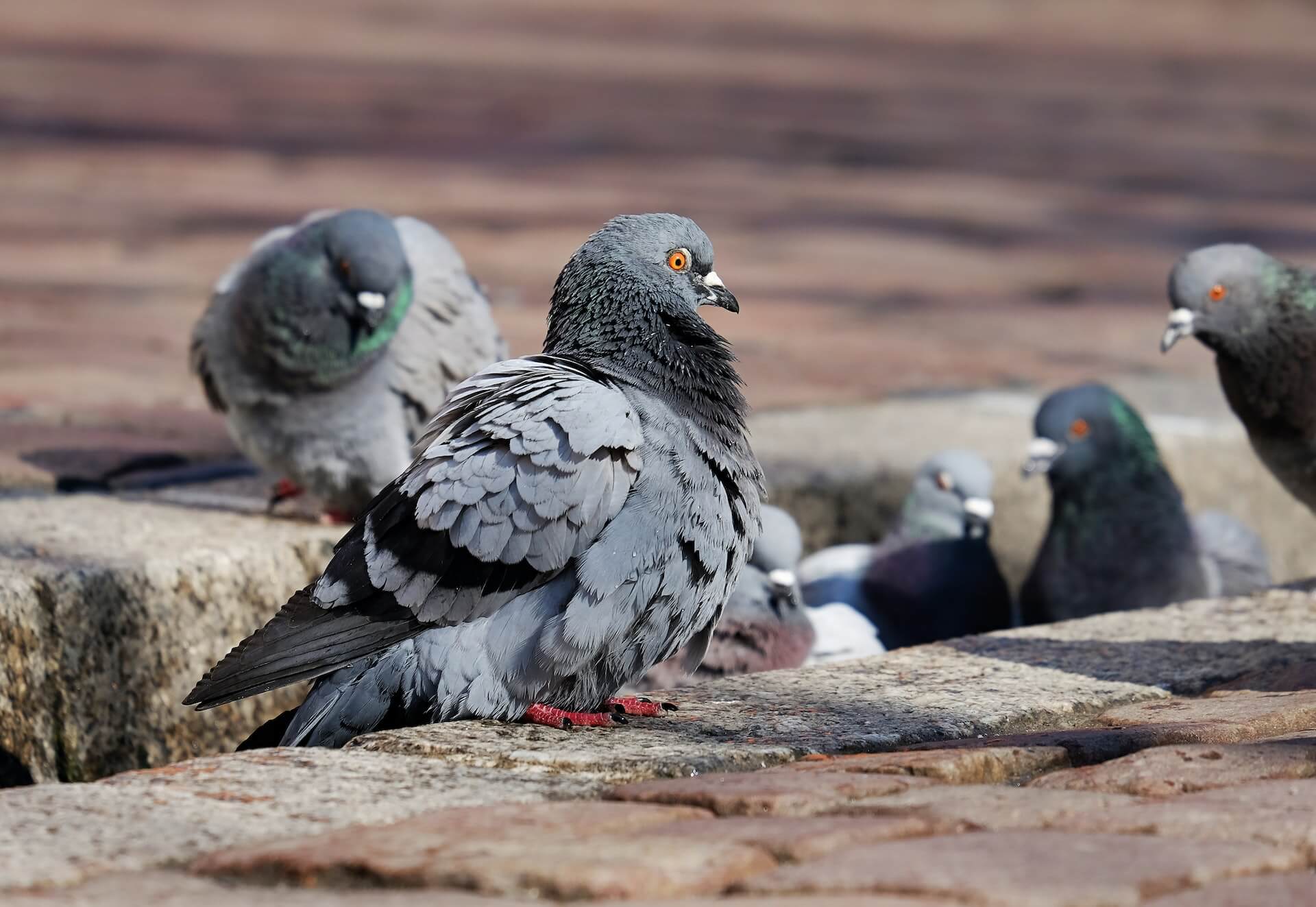Bringing a feathered friend into your home can be a rewarding and joyful experience. Birds make delightful pets with their charming personalities, colorful plumage, and often, their sweet songs. However, choosing the right bird species is crucial to ensure a harmonious and fulfilling relationship between you and your avian companion. In this guide, we’ll explore the factors to consider when selecting the perfect bird species for your home.
1. Space and Housing
The available space in your home is a significant factor when choosing a bird species. Consider the following aspects of space and housing:
A. Cage Size
Different bird species require varying cage sizes. Larger birds like macaws and cockatoos need spacious enclosures with ample room for movement, while smaller birds like budgerigars (parakeets) can thrive in smaller cages. Ensure that you have enough space for an appropriately sized cage.
B. Free-Flying Space
Some birds, like finches and canaries, enjoy flying freely in a room. Ensure you have a designated area for them to spread their wings safely. Larger parrot species may also benefit from supervised out-of-cage time.
C. Noise Tolerance
Consider your tolerance for noise when choosing a bird species. Some birds, such as canaries and budgerigars, are relatively quiet, while others, like cockatoos and Amazon parrots, can be quite vocal and loud.
2. Time and Commitment
Birds, like any pets, require time, attention, and care. Think about your daily schedule and lifestyle when choosing a bird species:
A. Social Needs
Many bird species are highly social and thrive on interaction with their human companions. Parrots, for example, often crave human attention and can become stressed without it. Ensure that you have the time to socialize and bond with your bird.
B. Feeding and Care
Consider the dietary and care requirements of the bird species you’re interested in. Some birds, like finches, have straightforward dietary needs, while others, such as parrots, require a more varied and time-consuming feeding regimen.
C. Lifespan
Different bird species have varying lifespans. Some, like budgerigars, canaries, and finches, have shorter lifespans of around 5-10 years, while larger parrot species can live for several decades. Be prepared for a long-term commitment.
3. Personality and Temperament
Each bird species has its own unique personality and temperament. Consider the following:
A. Affection and Bonding
Some birds are naturally more affectionate and prone to forming strong bonds with their human caregivers. Parrots, for instance, are known for their affectionate nature and ability to bond closely with their owners.
B. Independence
Other bird species may be more independent and less inclined to seek constant attention. Canaries and finches, for example, are relatively low-maintenance and can entertain themselves.
C. Behavior and Training
Research the behavior and training needs of the bird species you’re interested in. Some, like parrots, are highly intelligent and trainable, while others may require less training and interaction.
4. Allergies and Health Considerations
Consider any allergies or health concerns that may affect your choice of bird species:
A. Allergies
Some individuals may be allergic to bird dander or feathers. Spend time with birds before bringing one into your home to ensure you don’t have allergies.
B. Zoonotic Diseases
Be aware that birds can carry zoonotic diseases that can be transmitted to humans. Ensure that you practice good hygiene and consult with an avian veterinarian for regular health check-ups.
5. Legal and Ethical Considerations
Check local and national regulations regarding bird ownership. Some bird species may be subject to legal restrictions or require permits. Additionally, consider ethical concerns related to the source of your bird, such as adopting from a rescue or reputable breeder.
Conclusion

Choosing the right bird species for your home is a decision that should be made with careful consideration of your living space, lifestyle, and personal preferences. Each bird species brings its own unique qualities and challenges, so take the time to research and understand the needs and characteristics of the species you’re interested in.
By selecting a bird species that aligns with your lifestyle and commitment level, you can ensure a fulfilling and harmonious relationship with your avian companion. Whether you opt for a talkative parrot, a melodious canary, or a playful budgerigar, the bond you form with your feathered friend can bring joy and companionship for years to come.


